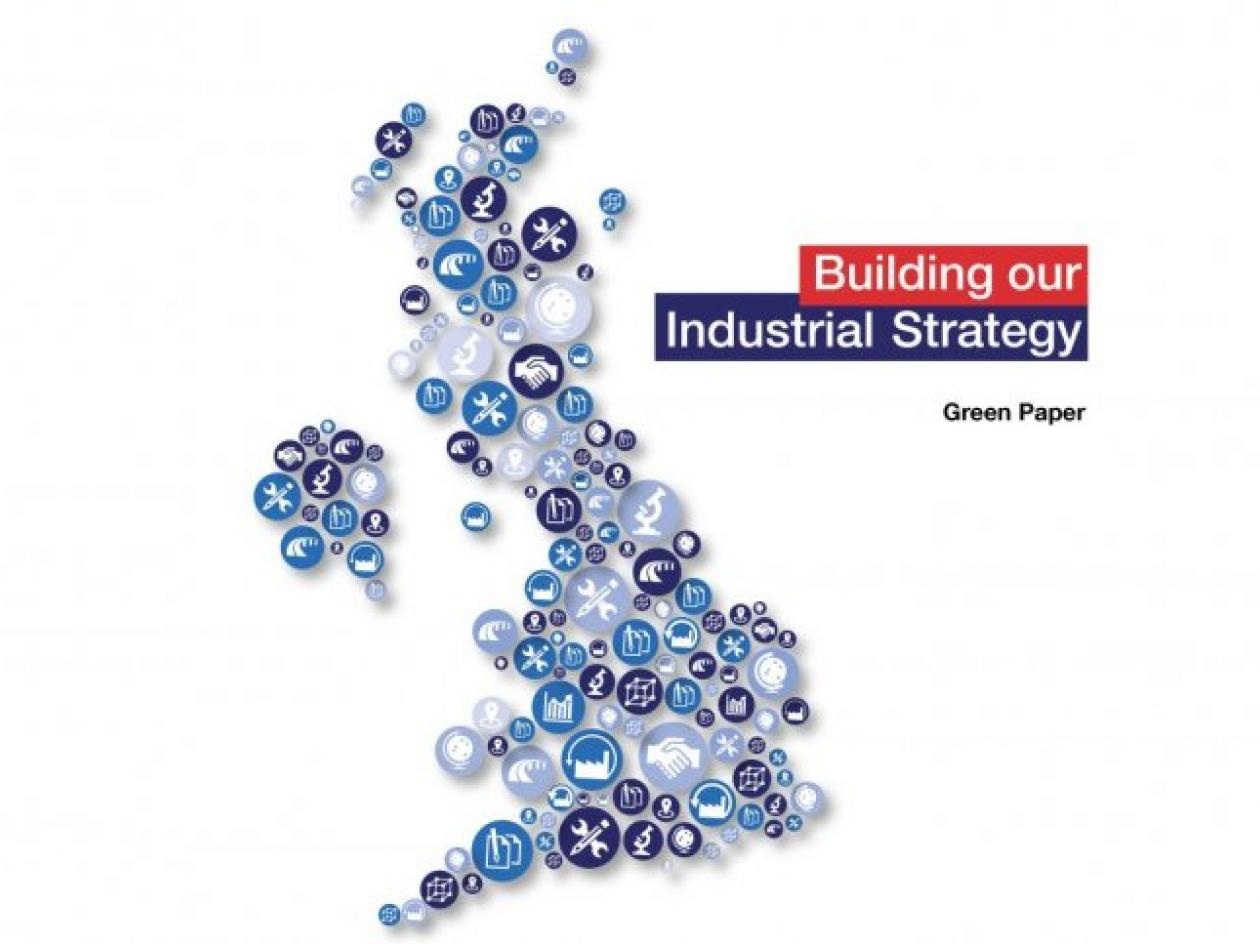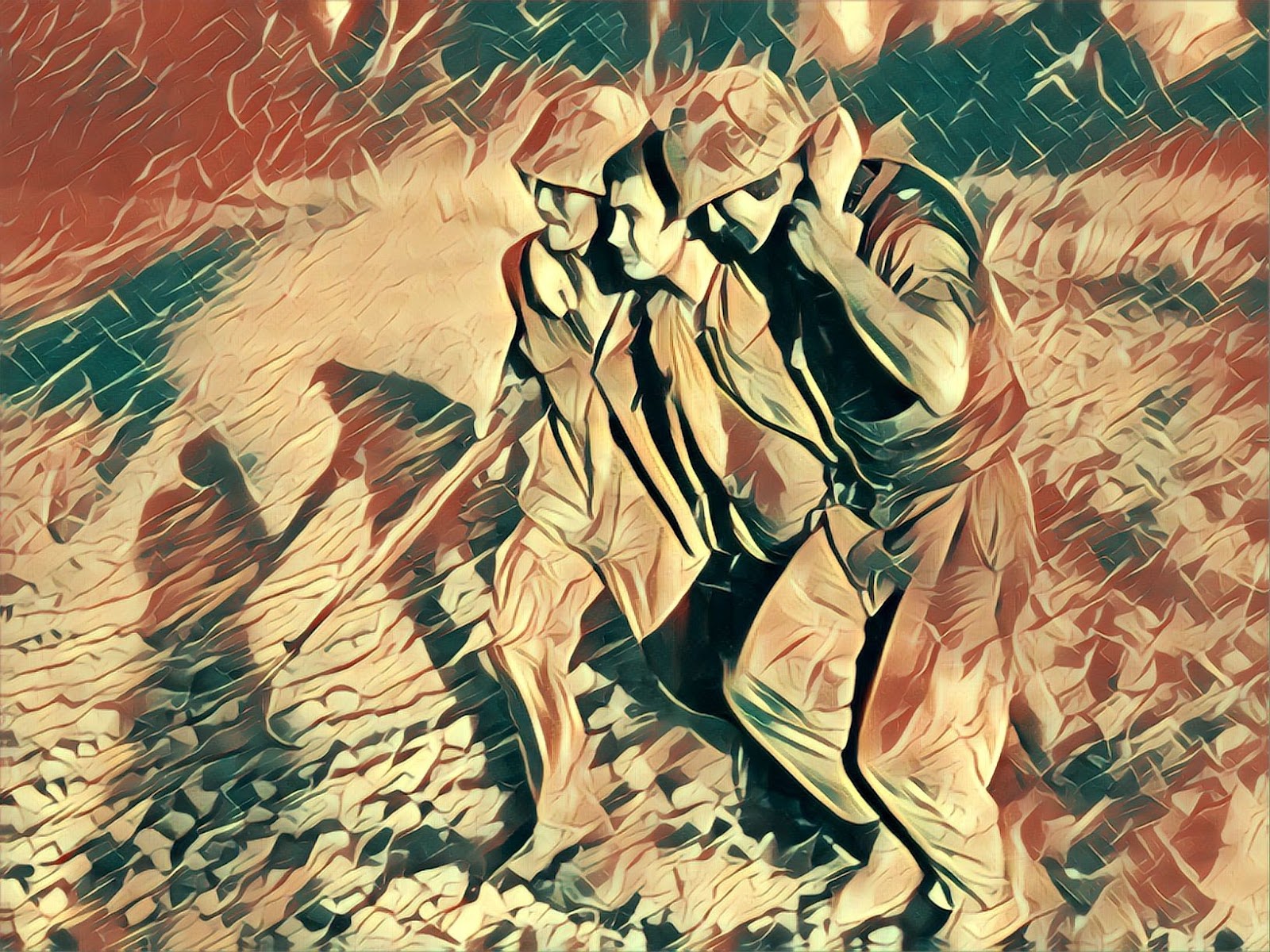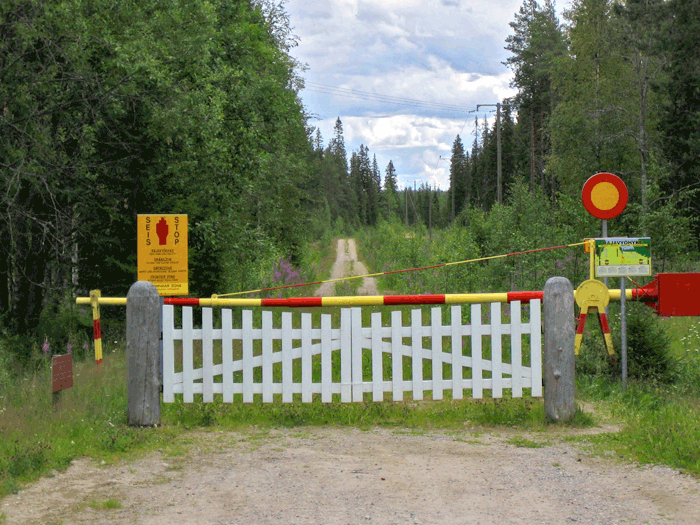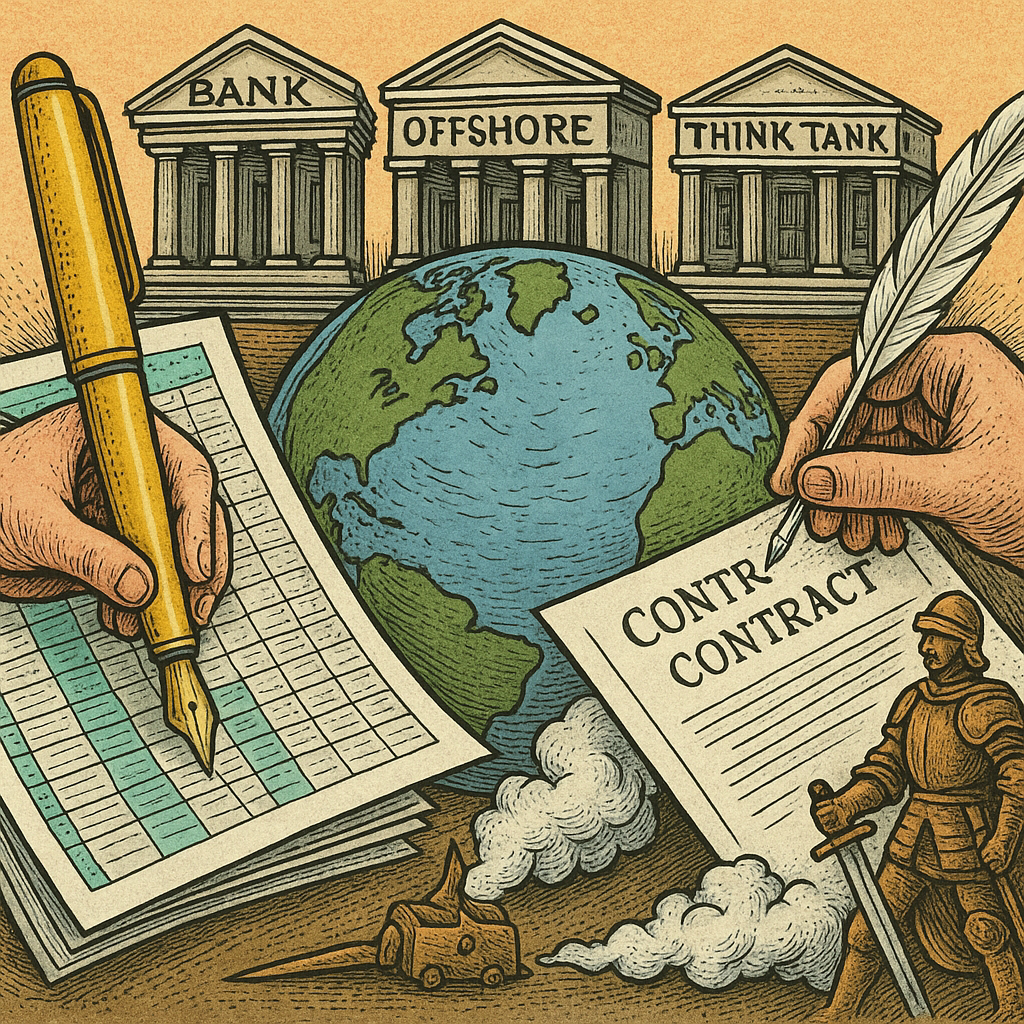
31 July 2023PROBLEMS / REQUIREMENTS - FOCUS ON DEINDUSTRIALISATIONDe-industrialization is the loss of manufacturing jobs - Trump's rust belt from 80s/90s, Obama's Detroit after the 2008, now Germany's turn from sanctions cutting off cheap Russian energy and raw materials.Not just sanctions, rising interest rates must also be a factor as Germany is an export-led economy and now its products are more expensive than the competition. Though...



























